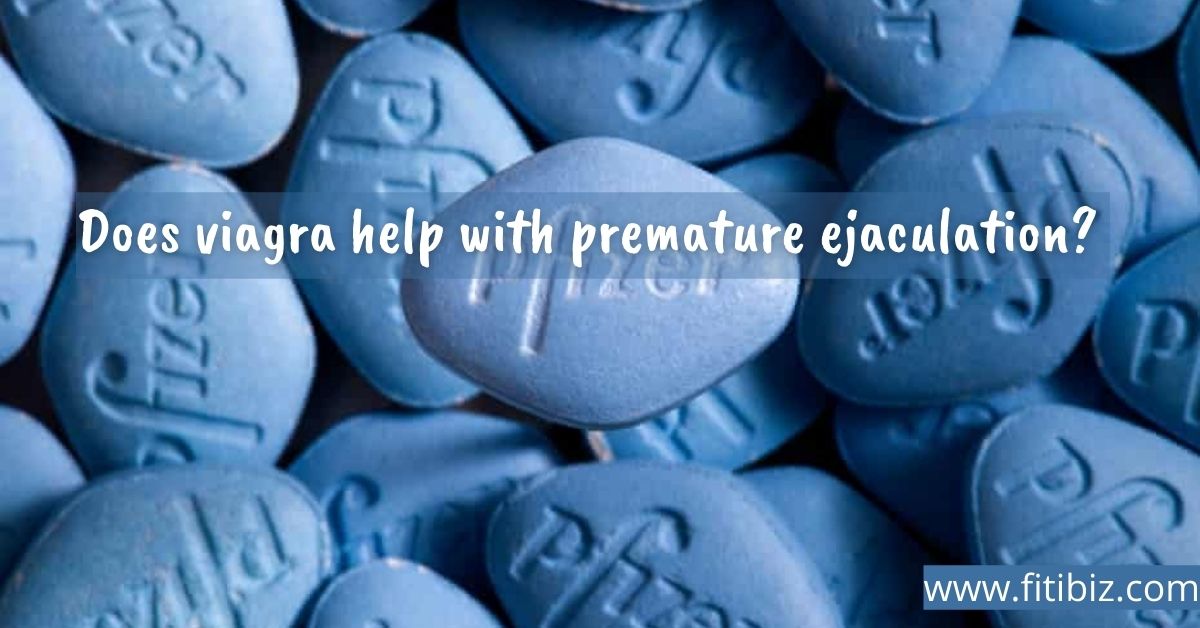Social Anxiety Disorder is a form of anxiety disorder in which typically people have lots of anxiety while they are speaking in front of society or in social conditions. Imagining our first day at a new job, maybe we are nervous or irritable. We wanted to make a good impression, those feelings are pretty normal and it may actually help us to be more alert and careful.
But after a few weeks once we are used to our job and know our co-worker that nervousness usually diminishes right? Well for some people the initial anxiety is really high and it increases really high with time. For those kinds of people the fear of being judged negatively by other or new people might be so important that it affects the ability to do the work well, this type of anxiety or condition is called Social Anxiety Disorder.
These kinds of people are comfortable in other situations like a telephonic conversation, talking with any family member or friend. However when it comes to social situations like if they have to give a viva exam, if they have to go to the stage for performance then this completely panics them. As a result, what happens is they start making lots of careless mistakes and it starts affecting their performance. It can happen to young children in a school where they are not able to speak in front of the classroom or on the stage.
It can happen even in adults when important situations like interviews or presentations to seniors, they can be kind of freezer and this is what causes social anxiety disorders.
Symptoms That Show Social Anxiety Disorder
Social anxiety disorder is something that is called evaluation apprehension meaning they are very apprehensive of the fact that how people will be evaluating them or fear of being criticized, noticed, commented upon. These types of people always have a fear of saying something in an open public situation, feeling insecure and out of place in social situations.
Some of the other sign and symptoms that are involved in this kind of anxiety :
- Stressing over humiliating or embarrassing yourself.
- Dread that others will see that you look on edge.
- Anticipating the most exceedingly awful potential results from a negative encounter during a social circumstance.
- The dread of physical side effects that may cause you shame, for example, becoming flushed, perspiring, trembling or having a flimsy voice.
- The dread of circumstances in which you might be judged.
- The symptoms might be like abstaining from getting things done or addressing persons out of dread of humiliation.
- Keeping away from circumstances where you may be the focal point of consideration.
- Exceptional dread of interfacing or conversing with outsiders.
- Having uneasiness fully expecting a dreaded action or occasion.
- Bearing a social circumstance with extreme dread or uneasiness.
- Investing energy after a social circumstance breaking down your presentation and distinguishing imperfections in your collaborations
Sometimes individuals might face some of the physical symptoms like trembling or blushing. Sometimes their anxiety causes some Derealization Meaning that a person might feel spaced out and may be less able to recognize their surroundings. In this situation they feel that the surroundings are unreal and something else.
Causes that makes social anxiety disorder
There are some causes of social anxiety disorder. It is said to be the combination factor of both genetic and environmental factors like having close relatives with social anxiety disorder or exposure to neglect or abuse. Social anxiety disorder is an Ego-dystonic condition meaning the people who have the disorder usually understand that their anxiety is unwarranted . However ,unfortunately that awareness can cause more anxiety because they feel how nervous they are.
The DSM-5 or Diagnostic and Statistical Manual of Mental Disorders defines social anxiety disorder causing individuals to fear acting in a way that might make them get judged.
Usually, social anxiety disorder causes distress in individuals in specific social situations and circumstances. For example, one person might get really anxious making small talk or meeting with new people while some person might get performance anxiety and feel unable to give presentations or any kind of interview.
In order to reduce the social inhibitions , some people in social anxiety use alcohol and drugs and that can lead to dependency and addiction. Physical anomalies, for example, a serotonin irregularity may add to this condition. Serotonin is a concoction in the mind that manages disposition. An overactive amygdala (a structure in the mind that controls dread reaction and emotions or considerations of uneasiness) may likewise cause these clutters.
Diagnosis of Social Anxiety Disorder
The DSM-5 said in order to diagnose a social anxiety disorder, the fear or avoidance should not be due to the effects of medication and due to another condition. Most important because there is a key features of social anxiety disorder that overlap with other condition like :
In Generalized anxiety disorder, individuals have anxiety but it is not limited to being judged in a social context. This anxiety is usually broader and includes non-social conscience like financial and physical safety.
While in Agoraphobia where people avoid public places for fear of being trapped in the situation and not feel able to escape in case something embarrassing happens. They start feeling panic and anxiety in such a situation. The agoraphobia is less about being judged and more about being trapped in a crowd and not able to escape.
Doctor checks for the other condition that might be the reason for the anxiety in a person that checking involves like:
- The conversation of your indications, how regularly they happen and in what circumstances .
- Criteria recorded in the Diagnostic and Statistical Manual of Mental Disorders or DSM-5, distributed by the American Psychiatric Association.
- Survey of a rundown of circumstances to check whether they make you on edge .
- Self-report polls about manifestations of social tension.
- Physical test to help evaluate whether any ailment or prescription may trigger side effects of nervousness.
Treatments Involve In It
So the treatments for social anxiety disorder would be in different ways from working on individual self-confidence to medications.
The first aspect would be that you work on a person’s sense of self, self-esteem, and self-concept. Make sure that the person has lots of confidence when they are approaching certain social situations. Because anxiety also tends to be associated with how they feel about themselves so we need to take care of that element as well and make sure that the person is more confident and sure that they would be able to deal with that situation.
The second aspect would be that you work on helping the person engage with the feared situations in a more gradual graded kind of a manner . So that they start gaining more confidence in their own ability to be able to deal with that particular situation. And then they would be able to deal with the anxiety that comes along in their particular situation. There is also the role of medication and therapy that is done by a psychologist and therapist that are:
Usually, it involves psychotherapy and medication or a combination of these treatments.
In psychotherapy , cognitive behavioral therapy is recommended since it teaches a person a new way of thinking and behaving to help being around others.
Antidepressants are the most common and effective choice of medication among all the treatments, specifically selective serotonin reuptake. Benzodiazepines for relaxing effects and beta-blockers for ease of physical symptoms of performance anxiety are other medication treatments.
In the long term treatment, cognitive behavioral therapy is the most advanced treatment because there are some potential side effects of medication treatment in the long term.
Summary
People having social anxiety disorder have a high amount of consciousness about acting in a way or showing symptoms of anxiety that will be negatively scrutinized by society or other people. Anxiety restricted only to performance, is a specific type of social anxiety. There is no single reason for Social Anxiety Disorder. In many people, the turmoil is the aftereffect of a mix of components. While accepting an analysis or treatment for social nervousness issues, your primary care physician or emotional well-being proficient ought to talk about with you conceivable contributing components to your social uneasiness.



Write a comment
Your email address will not be published. All fields are required